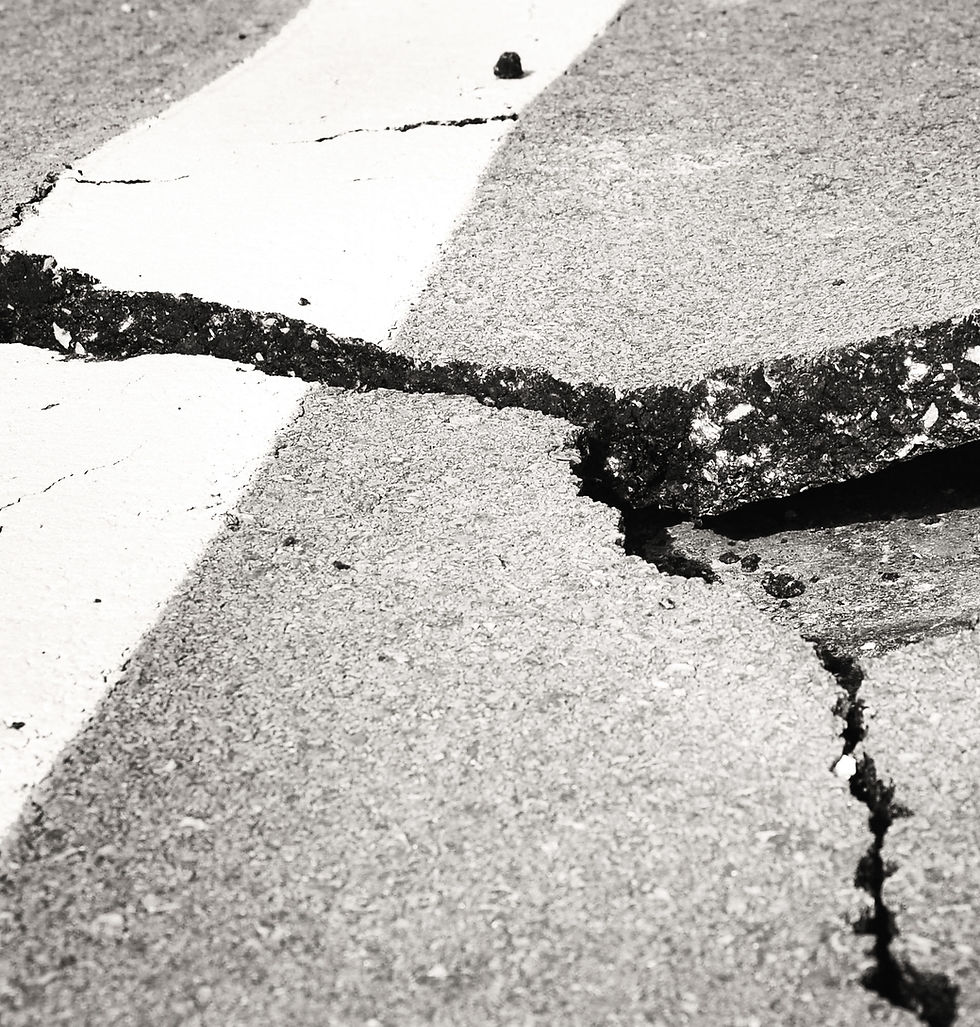Understanding Earthquake Insurance: What You Need to Know
- Guest Expert
- Apr 7, 2023
- 3 min read
Updated: Jan 14

As natural disasters become more frequent and destructive, protecting your home and assets has become increasingly important. One type of insurance that many people may not consider is earthquake insurance. Earthquakes can cause significant damage to homes, businesses, and infrastructure, and the cost of repairs can be overwhelming. In this article, we will explore what earthquake insurance is, how it works, and whether it’s a good investment for you.
What is Earthquake Insurance?
Earthquake insurance is a type of insurance that provides financial protection to policyholders in the event of an earthquake. This type of insurance is not typically included in standard homeowners insurance policies, and it may be necessary to purchase it separately. Earthquake insurance can help cover the cost of repairs or rebuilding, as well as any other associated costs, such as temporary housing, debris removal, and more.
How Does Earthquake Insurance Work?
Earthquake insurance policies typically have deductibles, which is the amount the policyholder is responsible for paying before the insurance coverage kicks in. The deductible is usually a percentage of the insured value of the home, which means that the higher the insured value, the higher the deductible. For example, if a home is insured for $500,000 with a 10% deductible, the policyholder would be responsible for paying the first $50,000 in damages before the insurance coverage begins.
Earthquake insurance also has coverage limits, which is the maximum amount the insurance company will pay out in the event of an earthquake. It’s important to make sure that the coverage limits are sufficient to cover the potential costs of earthquake damage, as well as any associated costs like temporary housing.
Is Earthquake Insurance Worth It?
Whether or not earthquake insurance is worth it for you will depend on a number of factors, including your location, the value of your home and assets, and your financial situation. If you live in an area that is prone to earthquakes, or if you have a high-value home or assets that you want to protect, earthquake insurance may be a good investment for you. However, if you live in an area with low earthquake risk, or if you have a lower-value home or assets, earthquake insurance may not be as necessary.
It’s also important to consider the cost of earthquake insurance when deciding whether or not to purchase it. Earthquake insurance can be expensive, and the cost may be prohibitive for some homeowners. However, many insurance companies offer discounts for earthquake-resistant homes or retrofitting measures that can help reduce the risk of earthquake damage.
In addition to considering the cost of earthquake insurance, it’s also important to consider the potential costs of not having it. Earthquake damage can be extensive, and repairs or rebuilding can be prohibitively expensive. Without earthquake insurance, homeowners may be forced to cover these costs out of pocket or rely on government assistance, which may not be sufficient.
Earthquake insurance can provide valuable financial protection to homeowners in the event of an earthquake. However, whether or not it’s worth it for you will depend on a number of factors, including your location, the value of your home and assets, and your financial situation. Before making a decision about earthquake insurance, it’s important to carefully consider these factors, as well as the potential costs and benefits of purchasing this type of insurance.






Comments